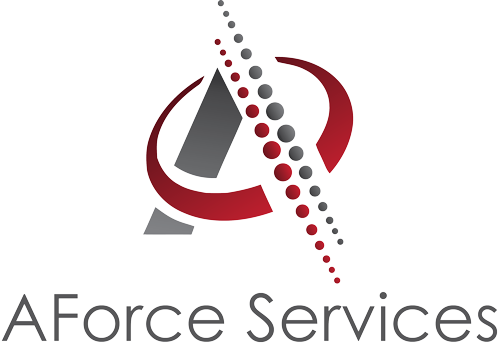“MEDICAL BILLING & CODING”
Medical billing and coding are critical components of the healthcare industry, as they help to ensure that patients receive the care they need and that healthcare providers are properly compensated for their services. In this blog post, we will explore what medical billing and coding are, how they work, and the key challenges and opportunities in this field.
What is medical billing and coding?
Medical billing and coding are processes that involve assigning codes to medical procedures and diagnoses, and submitting claims to insurance companies or other payers for reimbursement. These codes, known as International Classification of Diseases (ICD) codes and Current Procedural Terminology (CPT) codes, are used to accurately describe the medical services provided to patients and to standardize the billing process.

Medical billing professionals are responsible for preparing and submitting claims to insurance companies or other payers, and for following up on unpaid or denied claims. Medical coders, on the other hand, are responsible for assigning the appropriate codes to medical procedures and diagnoses, based on the documentation provided by healthcare providers.
How does medical billing and coding work?
Medical billing and coding is a complex process that involves several steps:
Documentation: Healthcare providers document the medical services provided to patients, including diagnoses, procedures, and treatments.
Coding: Medical coders review the documentation and assign the appropriate ICD and CPT codes to the medical services provided.
Claim submission: Medical billing professionals prepare and submit claims to insurance companies or other payers, including the appropriate codes and other required information.
Payment: Insurance companies or other payers review the claims and determine the amount they will reimburse the healthcare provider.
Follow-up: Medical billing professionals may need to follow up on unpaid or denied claims, and may need to resolve any issues or discrepancies with the payer.

What are the key challenges and opportunities in medical billing and coding?
Medical billing and coding can be a challenging field, as it requires a high level of accuracy and attention to detail. Some of the key challenges in this field include:
Complex coding systems: The ICD and CPT codes used in medical billing and coding are constantly evolving, and it can be difficult for medical billing and coding professionals to keep up with the latest updates and changes.
Data privacy and security: Medical billing and coding professionals work with sensitive patient information, and it is important for them to ensure that this information is protected and kept confidential.
Denied or unpaid claims: Medical billing professionals may need to follow up on unpaid or denied claims, and may need to work with insurance companies or other payers to resolve any issues or discrepancies.

Despite these challenges, medical billing and coding can be a rewarding career with many opportunities for growth and advancement. Some of the key opportunities in this field include:
High demand: There is a growing demand for skilled medical billing and coding professionals, as the healthcare industry continues to expand.
Flexibility: Medical billing and coding professionals can work in a variety of settings, including hospitals, clinics, and insurance companies, and may have the opportunity to work remotely or on a contract basis.
Career advancement: Medical billing and coding professionals can advance their careers by obtaining additional certification or education, or by taking on leadership roles within their organizations.

“Conclusion”
Medical billing and coding are critical components of the healthcare industry, as they help to ensure that patients receive the care they need and that healthcare providers are properly compensated for their services. While this field can be challenging, it also offers many opportunities for growth and advancement, and is in high demand as the healthcare industry continues to expand.

Comments
sprunki hyper shifted phase 3,
17 Jan 2026As a long-time Sprunki fan, I appreciate the polish in Sprunki Hyper Shifted Phase 3. The sprite work is cleaner and the controls feel tighter than previous versions. Worth the grind!
sprunki hyper shifted phase 3,
17 Jan 2026I’m curious about the mechanics behind Sprunki Hyper Shifted Phase 3. Is there a hidden combo? The visuals during the transition look sus, like there’s an easter egg. Love it!
aipilotreview,
17 Jan 2026I stumbled upon this site while looking for reliable tech insights and I must say the quality of content here is impressive. It really helped me figure out which tools are actually worth my time without all the usual fluff. Thanks for sharing this aipilotreview